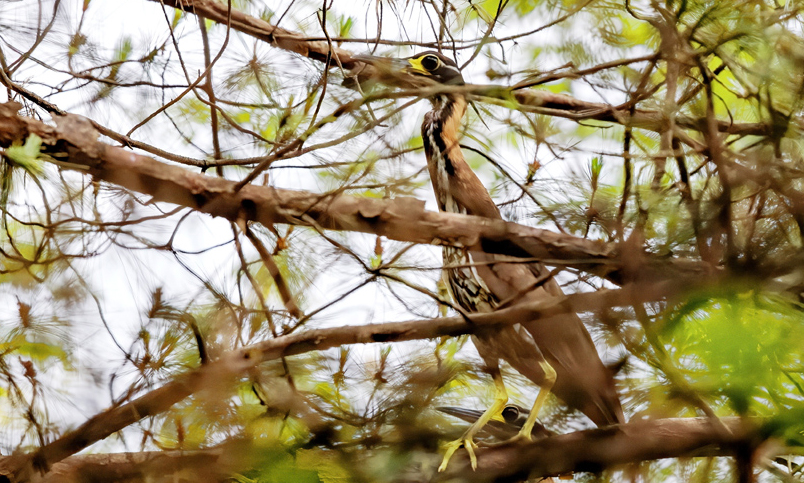Chinese researchers discover new bacterial tRNA species
LANZHOU, June 21 (Xinhua) -- Chinese researchers have recently reported the discovery of a new bacterial transfer RNA (tRNA) species, which can help the synthesis of antibiotics, according to the Chinese Academy of Sciences (CAS).
A research team from the Northwest Institute of Eco-Environment and Resources (NIEER) under the CAS discovered the tRNA-Asp-AUC from a fast-growing desert streptomycete, decoding GAU codons, and finding its functional characterization.
"The study provides an effective strategy to increase antibiotic production and to expand the repertoire of much-needed new bioactive metabolites produced by these valuable bacteria," said Liu Guangxiu, a NIEER researcher and leader of the study.
Soil microorganisms can produce diverse secondary metabolites, which have great potential in producing the synthesis of antibiotics.
Streptomycete is a kind of microorganism, which can produce various kinds of secondary metabolites of value in clinical treatment, animal husbandry and growing inset-resistant crops.
"The new study results establish a new paradigm of inefficient wobble base-pairing involving GAU codons as an evolved strategy to regulate gene expression and, in particular, antibiotic biosynthesis," said Liu.
The study results have been published in the journal Nucleic Acids Research.
Photos
Related Stories
- China's space station to support large-scale scientific research
- Bizzare Pineapple Award encourages curiosity-led scientific research
- Bizzare award encourages curiosity-led scientific research
- Interview: Politicizing emergence of new viruses hinders scientific research: Russian expert
- Interview: Nobel laureate confident in China's scientific advancements
Copyright © 2022 People's Daily Online. All Rights Reserved.









